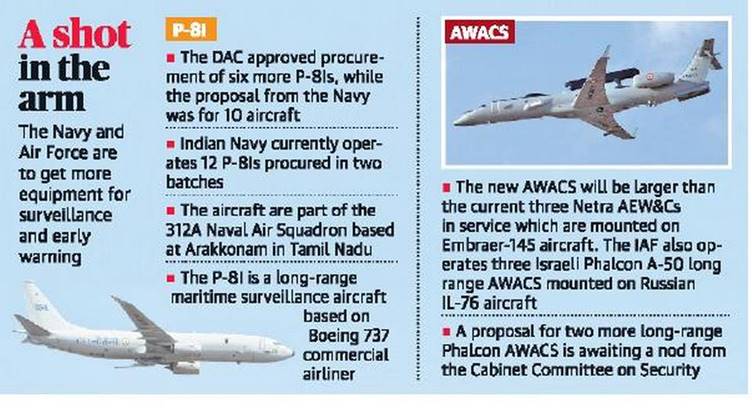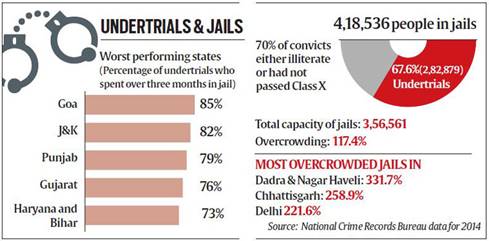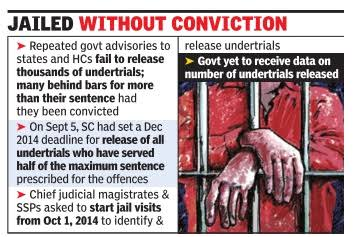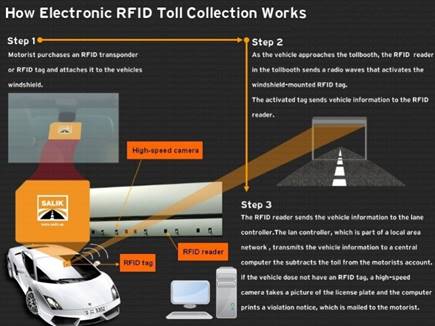



Sri Lanka’s newly elected President Gotabaya Rajapaksa has arrived Delhi.
- National and regional security
- Development cooperation and economic assistance
- Ironing out obstacles to Indian investment
- Focus on holistic ties.
The government has so far not listed the much anticipated and controversial Citizenship Amendment Bill (CAB).
- Bill should not be sprung as surprise.
- They should not be given similar treatment as in the Kashmir legislation.
- MPs must be given two days’ notice to read and analyse legislation.
- The Chairman, using his discretion, can allow less time.
- The CAB 2018 was cleared in the Lower House, in 16thLok Sabha.
- It was sent to the select committee, where nine out of the thirty members submitted a dissent note.
- Later, it was not tabled in Rajya Sabha.
- The Home Ministry has to move a new Bill now, which has to be cleared by the Cabinet before being tabled in Parliament.
- The Bill amends the Citizenship Act, 1955 to make illegal migrants who belong to certain religious minorities (Hindus, Sikhs, Buddhists, Jains, Parsis and Christians) from Afghanistan, Bangladesh and Pakistan, eligible for citizenship.
- The Bill seeks to reduce the requirement of 11 years of continuous stay in the country to six years to obtain citizenship by naturalization for these communities belonging to these 3 nations.
- The Bill provides that the registration of Overseas Citizen of India (OCI) cardholders may be cancelled if they violate any law.
- The Bill makes illegal migrants eligible for citizenship based on religion; violating Article 14 of the Constitution, which guarantees right to equality.
- The Bill allows cancellation of OCI registration for violation of any law.
- The bill would significantly affect Northeastern states that are grappled by the problem of illegal migration from neighbouring countries.
- The bill undermines the Assam Accord, which was signed to deport all the illegal migrants, majority being from Bangladesh, who entered Assam after 1971.
Google sent out over 12,000 warnings to users globally, including about 500 in India alerting them to “government-backed” phishing attempts against them.
- It had a long-standing policy to send users warnings if it detects that they are the subject of state-sponsored phishing attempts.
- Over 90% of these users were targeted via “credential phishing emails” where attempts are made to obtain the target’s password or other account credentials to hijack their account.
- Google encourage high-risk users—like journalists, human rights activists, and political campaigns—to enrol in our Advanced Protection Program, which utilizes hardware security keys and provides the strongest protections available against phishing and account hijackings.
More on Cyber Attacks:
Cyber threats can be disaggregated into four baskets:
- Cyber Espionage: Act of obtaining the information without the permission of the owner. Under this, a person gains the illicit access to personal computer, a server or a network through illicit means.
Example: Cyber-attack by Chinese crackers at the computers in the Prime Minister’s Office (PMO) was reported in 2009.
- Cyber Crime: under this, individuals or organizations target whole network, computers, servers or critical information systems.
Example: On 12 July 2012, a high profile cyber-attack breached the email accounts of about 12,000 people, including those of officials from the Ministry of External Affairs, Ministry of Home Affairs, Defence Research and Development Organization (DRDO), and the Indo-Tibetan Border Police (ITBP).
Bluetooth Hijacking, Botnet, Browser hijacking, E-mail address harvesting, Identity theft, phishing etc are the means to carry it out.
- Cyber Terrorism: Convergence of the terrorism activity with the cyberspace is known as Cyber terrorism.
Objectives: -
- Planning terrorist attacks
- Recruitment of the terrorists.
- Ensuring better command and coordination.
- Securing funding through deep web networks.
- Cyber Warfare: When the Nation state uses the cyber media for crippling of another nation through means of cyber terrorism, cyber espionage is called Cyber Warfare
Reference: https://www.thehindu.com/todays-paper/google-warned-500-indians-on-phishing/article30111757.ece

The Defence Acquisition Council (DAC) approved the procurement of weapons and equipment worth Rs. 22,800 crore.
Indigenous Airborne Early Warning and Control (AEW&C) programme: The mission system and sub-systems for these aircraft would be indigenously designed, developed and integrated into the main platform by the Defence Research and Development Organisation (DRDO).
The IAF now operates three Israeli Phalcon AWACS and three smaller indigenous Netra AEW&C systems mounted on Embraer aircraft.
- Provide on-board command and control and ‘early warning’.
- Assist the IAF in achieving effective air space dominance in the least possible time.
- Approved the indigenous design, development and manufacture of ‘thermal imaging night sights’ for assault rifles.
- Will be made by the “Indian private industry and used by troops deployed on the front line.
Government has appealed to the Chief Justices of all 25 High Courts to ensure expeditious trial and the release of under trials who had completed 50% of their proposed sentence.

- Under trials that have completed 50% of sentence should be released if not apprehended in case of serious crime.
- Only Judiciary can do release on bail.
As per the National Crime Records Bureau, 4.50 lakh prisoners were lodged in jails as against the 3.91 lakh capacity, at an occupancy rate of 115.1%.

Recently, the Tamil Nadu government released 13 prisoners serving life sentences for the massacre of six Dalit men in the village of Melavalavu in 1997. It caused considerable disquiet among activists and Scheduled Castes.
- State government has power of remission under Sections 432 and 433 of the Criminal Procedure Code.
- The court gives a sentence and then the State government can choose, as per the procedure laid down whether to give remission or not.
- Each State has its own prison rules because ‘Prisons’ is a State subject.
- The Governor, if the State is under President’s rule, and the President too can exercise this power.
- It is part of reformist Jurisprudence.
Supreme Court Judgement in Union of India vs V. Sriharan had held that the appellate court, that is a High Court or the Supreme Court, could explicitly exclude the remission powers of the State government or the Central government under Section 432 of the CrPC.
- Violation of Separation of Powers.
- Courts can now ensure that accused persons can remain for the rest of their natural life in prison.
- This sort of punishment — that a court can impose life imprisonment and tell the government that you will not exercise the powers that you have been given under the CrPC — is a creation of a new punishment not authorised anywhere in the law.
- Prisoners are released on the birth or death anniversaries of prominent popular and democratic leaders.
- Generally, inmates are released based on good conduct.
- There is a proper administrative process for remission.
- The criteria for remission is generally:
- Whether the person is potential for committing crime has ended.
- Whether his family is in socio-economic need.
- Whether he will be useful for society
- 14 years of remission is minimum period, but one does not become automatically entitled for remission after completion of 14 years. He has to go through a process.
- Remission is about the offender, it is not about the offence.
- The question of remission is essentially a question of reformation.
- Supreme Court has said that the aim of our penal system is reform.
- Government should not undertake remission process for political reasons.
From December 1, lanes on national highway toll plazas across India will accept toll only through FASTag — fitted in a vehicle that pays toll automatically when the vehicle crosses the boom barrier of the toll plaza.
- All 560-odd plazas under the control of the National Highways Authority of India (NHAI) will collect toll without human intervention, and vehicles need not stop to pay toll.
- The device employs Radio Frequency Identification (RFID) technology for payments directly from the prepaid or savings account linked to it.
- RFID technology is similar to that used in transport access-control systems, like Metro smart card.
- A FASTag is valid for five years, and can be recharged as and when required.

Reference: https://indianexpress.com/article/explained/fastags-what-why-how-december-1-6142026/
FACTS FOR PRELIMS:
- Government has proposal to set up rocket launching pad near Kulasekarapattinam in the State of Tamil Nadu.
- India has signed a contract to Supply Natural Uranium Ore Concentrates during the years 2022 to 2026 with
- Uzbekistan
- Canada
- France
- Kazakastan
Source: PIB

© 2024 iasgyan. All right reserved